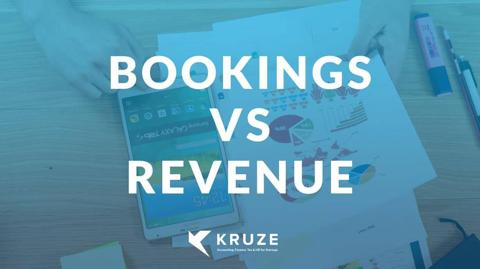
More and more, employees are looking for the flexibility of working remotely, and the COVID-19 pandemic has only accelerated this trend toward a distributed workforce. Working remotely opens up opportunities, and provides greater access to talent, particularly for startups when employees may be unwilling to relocate for a new venture. With remote work, employees are happier, and their lifestyles have improved. So overall we see more remote workers as a very positive development. Let’s look at some tips for managing accounting when your startup company relies on a distributed workforce.
Set up an expense tracking system. There are a number of very strong expense management tools, and most are now connected to credit cards. Brex, Ramp, Expensify, Airbase, and others come with credit cards that can be virtually provisioned for remote employees, and you can set spending limits and get centralized reporting to help you manage expenses, and help your accounting team track and book company spending.
Establish a remote organization management structure. A good remote management system will allow your startup to more easily hire and pay people across the globe, in any country, like Remote.com or Deel. Their presence in so many countries allows them to manage payroll, taxes, and benefits for employees almost anywhere, which means startup companies don’t have to establish a legal presence in countries to hire and pay workers there. This can also be an important intangible for employees in other countries. There’s an emotional pull to being “an employee,” and these companies are making this very easy to do.
Use a good accounting system. A good accounting system is invaluable, and our favorite is Quickbooks Online. We’ve been able to scale it up to companies that are generating over a hundred million dollars in revenue, and we’ve been able to use it to virtually consolidate subsidiaries. Once your company grows to a certain point, you will probably want to move to a larger system like NetSuite or Intacct to work with foreign subsidiaries. But for companies up to about 100 employees, you can use Quickbooks. It’s easy and very powerful, and delivers good financials.
In the US, be aware of tax nexus. Tax nexus is a term used to indicate that a business has a tax presence in a particular state. If your distributed workforce is across many states, like we are at Kruze Consulting, you’re really going to want to pay attention to state tax nexus. If you have a presence in another state, you may need to pay certain types of taxes. Tax nexus can be triggered by having employees, property, assets, or even a certain threshold of sales or sales transactions within a taxing jurisdiction.
- Having employees in another state will almost certainly create tax nexus, and your company will need to register with the state, pay payroll taxes, and possibly other taxes or fees. Kruze Consulting will register you in other states if you have tax nexus there.
- Sales in another state can also trigger tax nexus, and require your company to pay sales or income taxes. Each state has different thresholds for sales within the state, but it can also be a specific number of transactions, regardless of the amounts. For example, many states have a $200,000 sales threshold, or 200 sales transactions. The tax team at Kruze Consulting can help you determine if your sales reach a particular state’s threshold.
Utilize a modern payroll system. Payroll taxes in other states are simplified when you use a strong payroll system. There are many strong competitors in the payroll and benefits space, and that’s great for startups and founders.
Remember foreign subsidiaries and owners at tax time. If you have a distributed company with foreign ownership of over 25 percent, or you have a foreign subsidiary, your company will need to submit some extra forms with your tax return. Form 5471 is for US citizens, corporations, partnerships, trusts, or estates with at least 10% ownership in a foreign corporation. Form 5472 is for US-based companies that have non-US people who own at least 25 percent of the company. These forms are important and generate substantial fines and penalties if they’re not completed correctly. These fines can be appealed but only for the first year, so choose your CPA wisely.
Develop a strong budget and financial model, and compare budget to actuals monthly. With a distributed workforce, communication can be asymmetric, with employees in different time zones. Setting spending expectations and tracking spending becomes really important. It’s important to have that monthly check to see if you overspent or underspent. Underspending can be just as big a problem as overspending. We’ve seen companies miss their milestones because they haven’t hired enough people. Sometimes they’re so cost conscious they don’t have key systems in place. These have major downstream impact, so we recommend doing a monthly comparison of budget to actuals.
While a distributed workforce can create challenges, it offers a lot of advantages. Your company will have access to more talented people, you’ll have greater flexibility, and your employees will have a better quality of life. Those benefits make establishing a remote workforce worth the effort for your company. If you need more tips on managing accounting for a distributed workforce, please contact us.















